Virginia’s digital economy stands at a pivotal moment. While local communities across the Commonwealth weigh the impact of rapidly expanding data centers — debating land use, electricity demand, and environmental stress — a higher-stakes story is quietly emerging overhead. Space-based data infrastructure, once a futuristic notion, is now a serious contender in shaping the next frontier of global connectivity.
As the world’s leading hub for data traffic, Virginia is uniquely positioned to evolve from “Data Center Alley” to the launchpad for orbital cloud computing. This opportunity isn’t just technical — it’s economic, strategic, and deeply rooted in the Commonwealth’s geography, workforce, and legacy of innovation.
Grounded growth, rising friction
Northern Virginia currently handles over 70% of the world’s internet traffic, anchored by massive data center campuses from Amazon Web Services (AWS), Microsoft, Meta and Google. These investments have driven explosive growth, generating thousands of jobs and billions in tax revenue. But they’ve also sparked growing resistance.
From the rolling hills of Loudoun to the coalfields of Southwest, communities are raising concerns about noise, aesthetics, land consumption and grid pressure. According to Wise County’s Energy Delta Lab, data centers now account for nearly 20% of Virginia’s electricity use. In the latest legislative session, state lawmakers introduced nearly 20 bills targeting data center regulation — though only four passed. Governor Glenn Youngkin vetoed more restrictive measures, prioritizing economic development. The debate is far from over.
Virginia’s situation mirrors global concerns: data centers are essential but increasingly hard to place. This impasse opens the door to innovation beyond the terrestrial.
A bold idea takes flight
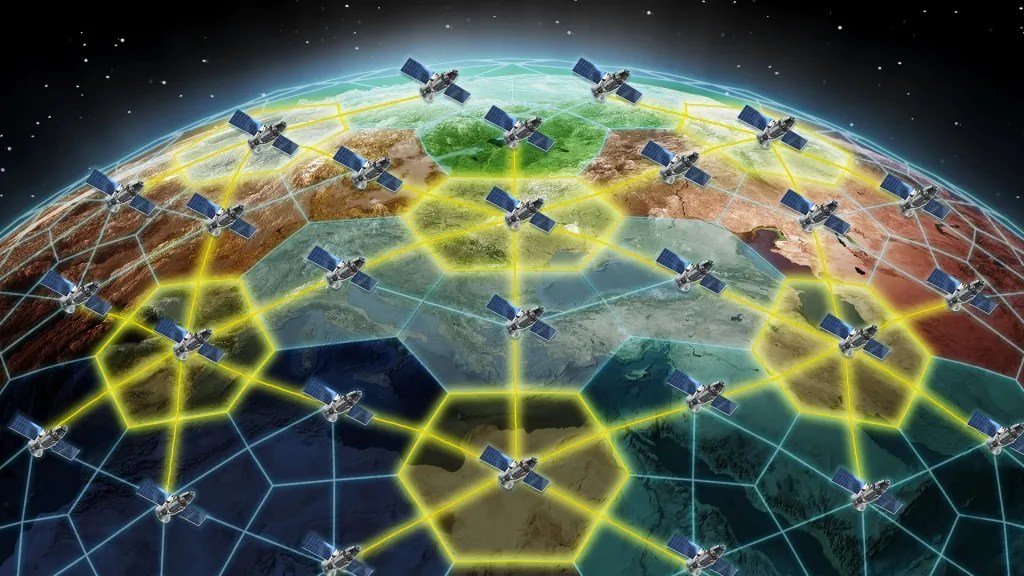
Enter orbital data centers. The vacuum of space offers natural cooling, and the sun provides virtually limitless power. Freed from zoning disputes and NIMBY resistance, these off-planet facilities offer a vision of cleaner, more scalable data processing. Companies like IBM, Starcloud and Relativity Space are already investing in this future. According to MIT Technology Review, space-based data hubs could ease energy burdens on Earth while speeding up cloud operations.
Defense contractor Kratos is exploring how in-orbit processing can reduce latency for satellite communications and real-time analytics — key for weather forecasting, national security and commercial data services. Firms like Axiom Space and Lonestar Data plan orbital nodes capable of handling secure government and international data workloads.
Yes, there are hurdles: launch costs remain high, and space debris is a growing concern. But as reusable rockets lower costs and on-orbit networks mature, the long-term advantages are becoming clearer. Reducing ground-based energy costs and bypassing land-use conflicts can create long-term savings.
Why Virginia matters
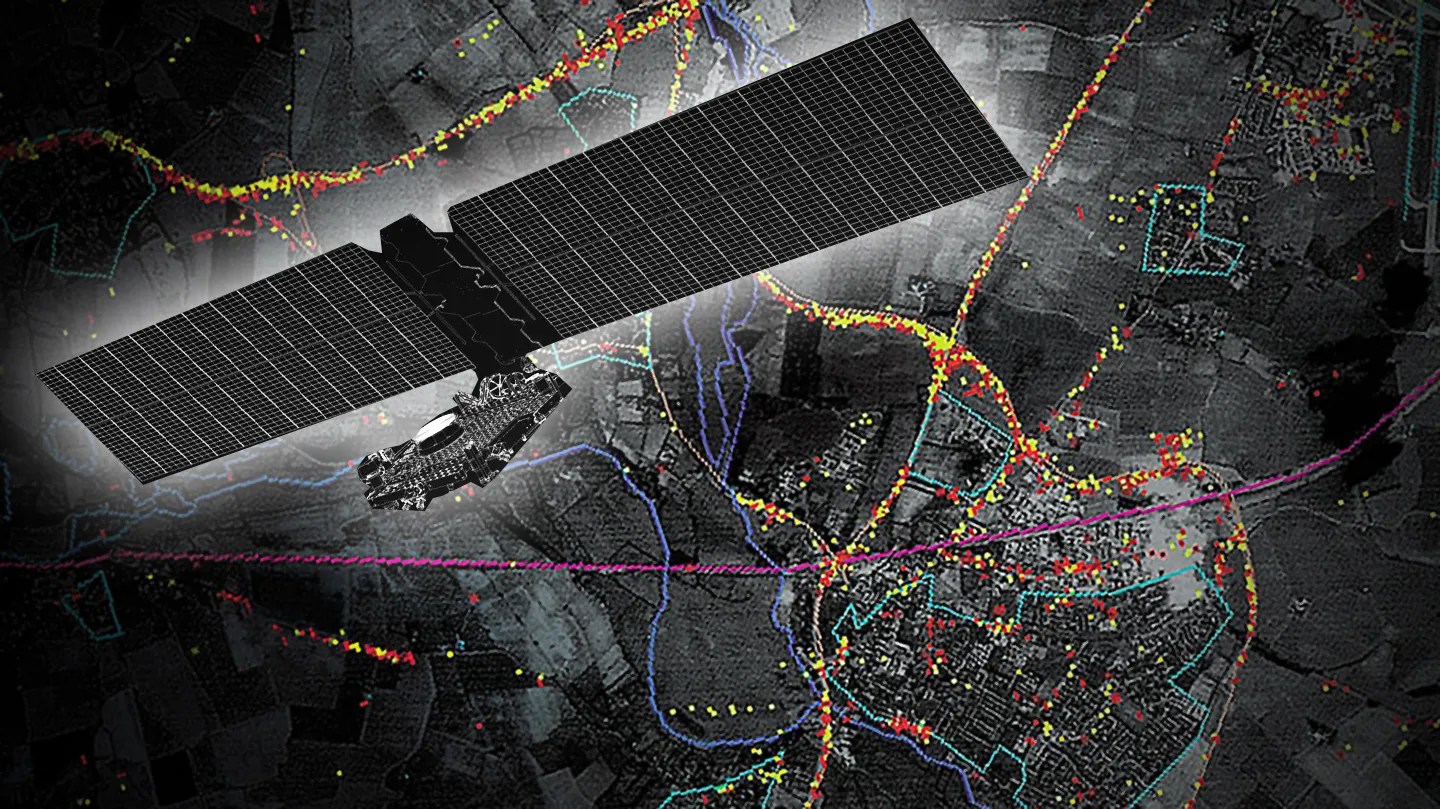
The Commonwealth has more than just a head start — it has strategic assets. Amazon’s $100 billion investment in cloud infrastructure has deepened its Virginia footprint, while its Project Kuiper initiative will launch over 3,200 low-Earth orbit satellites aimed at global broadband. The vision? Merging Kuiper’s satellite reach with Amazon Web Services or AWS’s terrestrial compute power to form a seamless, planet-scale cloud network offering Amazon+ and cloud computing around the planet.
Virginia’s existing network of data hubs makes it the logical bridge between Earth and space. It’s not just where data gets stored — it’s where future systems will be tested, launched, and integrated.
That future may well lift off from Wallops Island.
Wallops: A coastal gateway to the cosmos
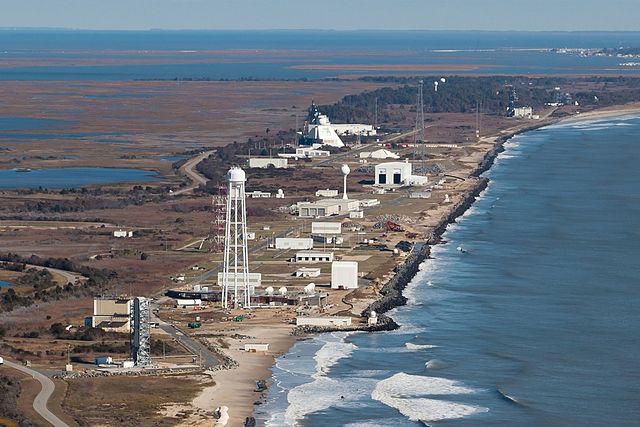
Virginia’s Spaceport at Wallops Island already supports launches by Northrop Grumman and Rocket Lab, with Rocket Lab’s new Neutron rocket promising fully reusable lift capacity, notes Forbes. The site’s proximity to East Coast markets, skilled labor pool, and expanding aerospace sector make it a prime candidate for launching the next generation of digital infrastructure.
For firms like Amazon, Axiom and Lonestar, Virginia offers a rare combination: physical space, policy flexibility, robust infrastructure and orbital access. That mix could attract billions in investment and position the state as a key player in the global tech economy.
A terrestrial-orbital equation
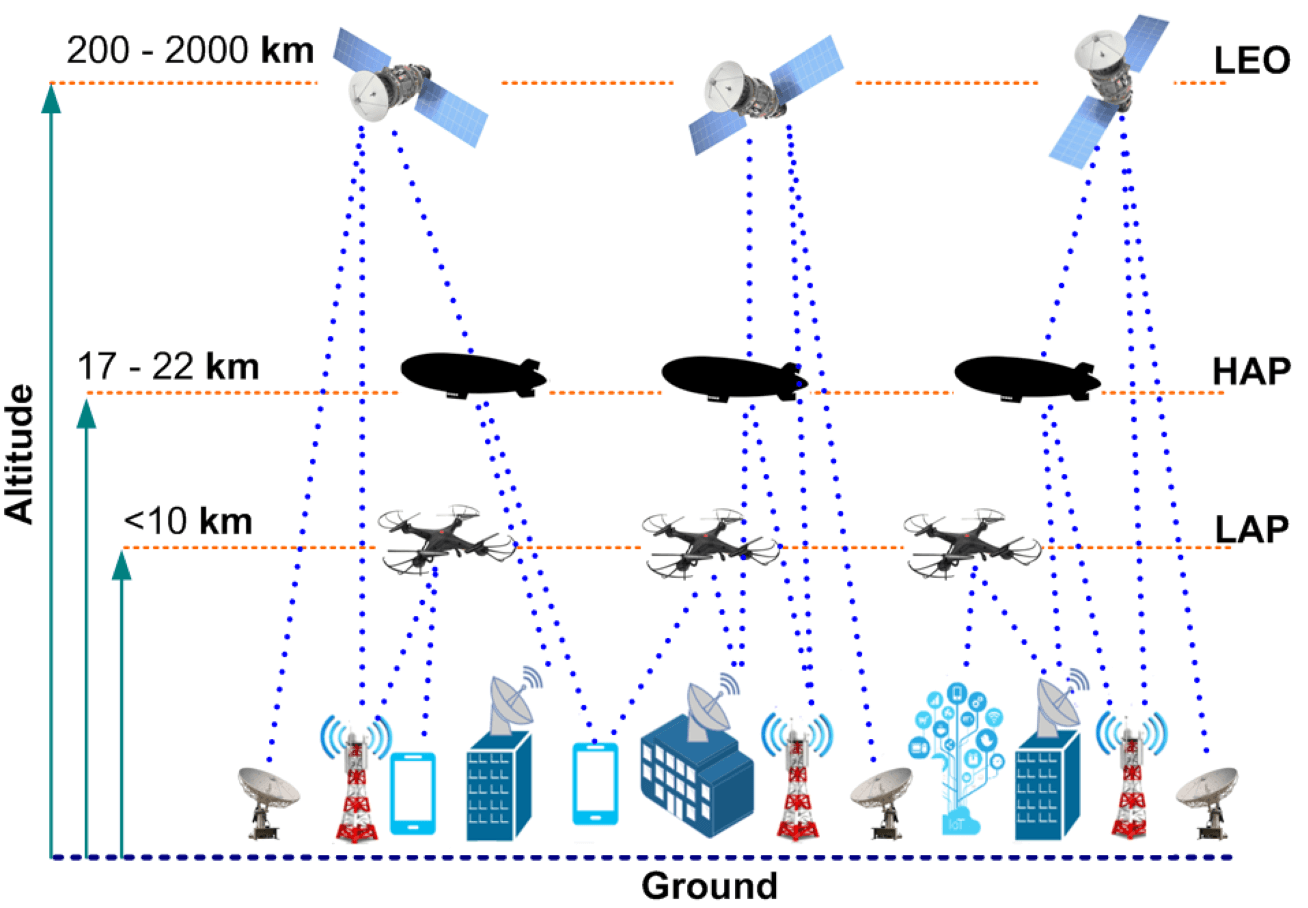
While ground-based data centers face land shortages, rising power costs and community backlash, orbital platforms could provide clean, scalable alternatives. Latency challenges still exist, but Kratos reports significant progress in shortening the delay between space and ground systems — opening new real-time applications in communications, logistics and defense.
For Virginia, this isn’t just about tech. It’s a high-stakes economic opportunity, notes U.S. Senator Mark Warner. Orbital infrastructure could fuel job creation across aerospace, cybersecurity, AI and energy sectors — particularly in regions like Southwest and Southside seeking a next chapter after coal and tobacco.
From the hills of Blacksburg to the heavens
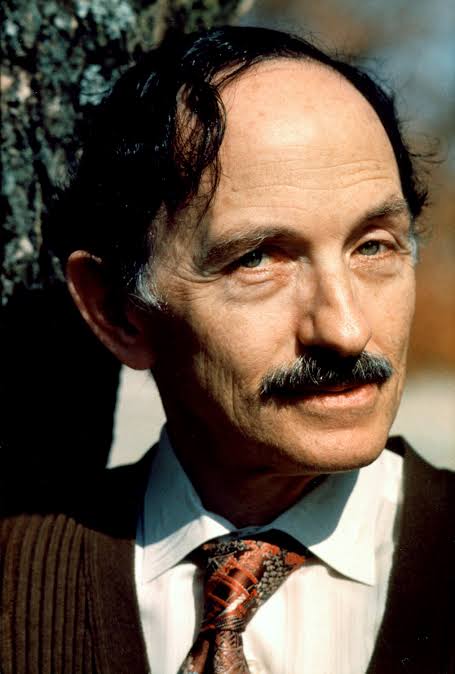
At this turning point, it’s worth recalling a voice from Virginia’s past. I. J. “Jack” Good, the British-born mathematician and cryptologist who became a University Distinguished Professor at Virginia Tech, introduced in 1962 what he called the “partly-baked idea” — an idea not fully formed, but brimming with potential. Good valued originality and stimulation over safe conclusions, writing: “It is often better to be stimulating and wrong than boring and right.”
Space-based data centers may be a partly baked idea — but they are gaining shape, funding and serious attention. And like Good’s own prediction of an “intelligence explosion” that would lead to superhuman AI, some of today’s boldest ideas become tomorrow’s defining realities.
From Blacksburg to Ashburn, from Wise to Wallops, Virginia has always been home to thinkers, builders, and dreamers. Now, as demand for AI, smart infrastructure and secure cloud systems soars, the Commonwealth can chart a bold new course — not just as a host to servers, but as the bridge to orbit and emerging off-Earth economy.
In this race to the future, Virginia doesn’t just have a seat at the table. It may well be the launchpad.
Jack Kennedy is a multidecadal native of southwestern Virginia, a former Virginia practice attorney, local and state elected official, and past member of the Virginia Spaceport Authority. He is currently a museum docent at the U.S. Space Force Museum at Cape Canaveral Station, Florida. Contact him at Jack@JackKennedy.net



